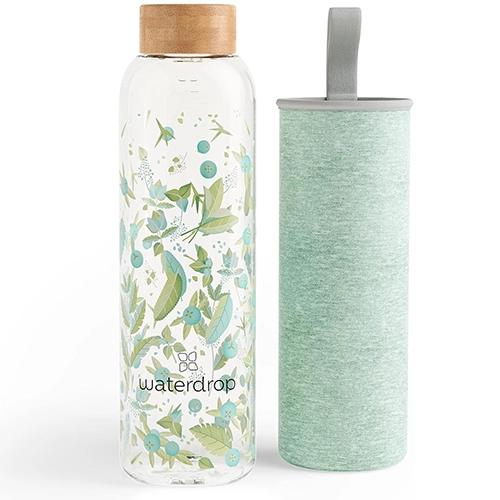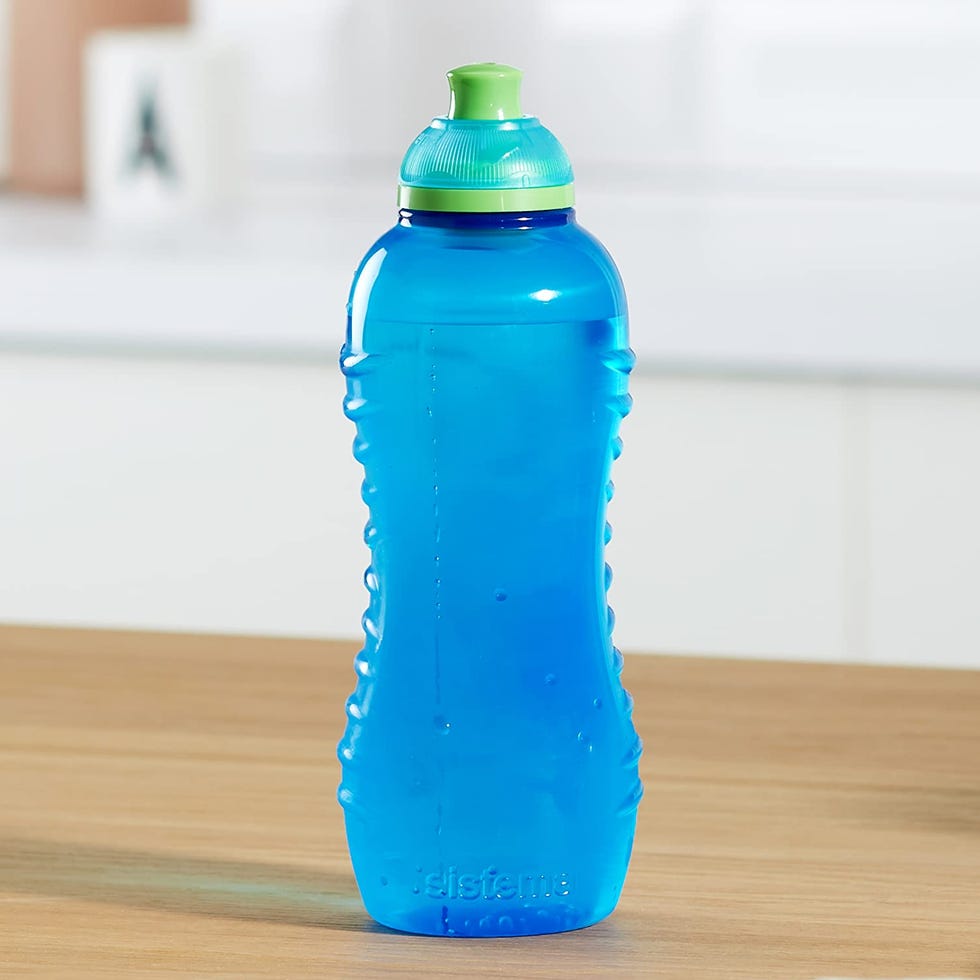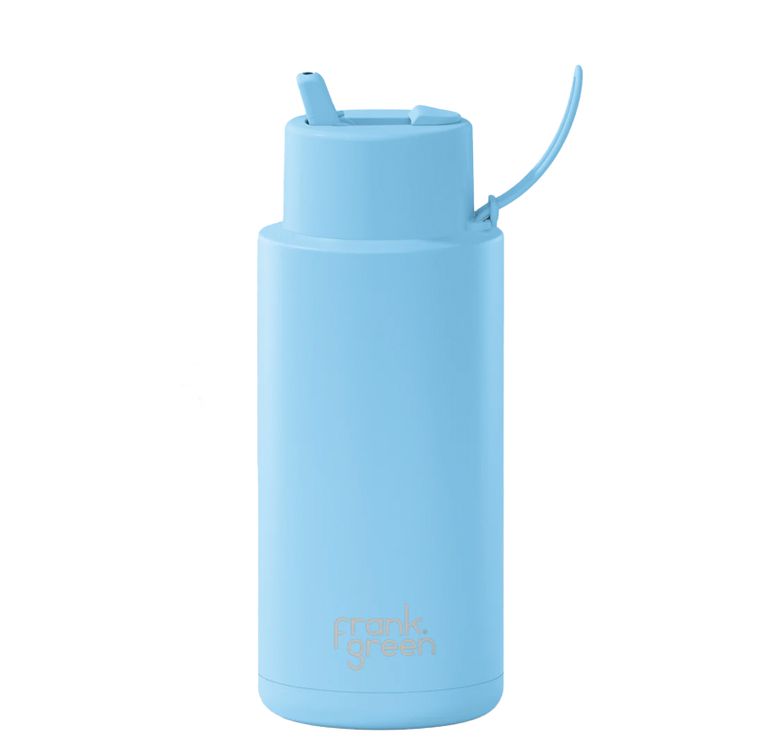Eco-Friendly Alternatives to Bottled Water

In recent years, the environmental impact of bottled water has become a significant concern. From plastic waste to carbon emissions, the production and disposal of bottled water contribute heavily to pollution and resource depletion. Fortunately, there are many eco-friendly alternatives that can help reduce our reliance on single-use plastic bottles while still providing safe and convenient hydration.
Why Choose Eco-Friendly Alternatives?

- Reduce Plastic Waste: Single-use plastic bottles often end up in landfills or oceans, harming wildlife and ecosystems.
- Lower Carbon Footprint: Manufacturing and transporting bottled water consume energy and emit greenhouse gases.
- Cost-Effective: Reusable options save money over time compared to constantly buying bottled water.
Top Eco-Friendly Alternatives to Bottled Water
| Alternative | Description | Benefits | Considerations |
|---|---|---|---|
| Reusable Water Bottles | Made from stainless steel, glass, or BPA-free plastic, these bottles can be refilled multiple times. | Durable, reduces waste, often insulated to keep water cold or hot. | Initial cost, need to clean regularly. |
| Water Filters | Devices like pitcher filters, faucet attachments, or under-sink systems that purify tap water. | Improves taste and safety, reduces bottled water need. | Filter replacement required periodically. |
| Public Water Fountains | Accessible in many urban areas, parks, and campuses for free refills. | Convenient, no cost, zero waste. | Availability varies by location. |
| Water Delivery Services | Companies that deliver large water containers to homes or offices, often with reusable bottles. | Reduces small plastic bottle use, convenient for large households. | Requires storage space, delivery logistics. |
Tips for Transitioning to Eco-Friendly Hydration
- Invest in a high-quality reusable bottle that suits your lifestyle.
- Use water filters to ensure tap water quality.
- Carry your bottle to avoid buying bottled water on the go.
- Support local initiatives to install more public water fountains.
Frequently Asked Questions (FAQ)
Q1: Are reusable water bottles safe?
Yes, when made from food-grade materials like stainless steel or BPA-free plastic, reusable bottles are safe and hygienic if cleaned regularly.
Q2: How often should I replace water filters?
Filter replacement depends on usage and type but generally ranges from every 2 to 6 months.
Q3: Can tap water be as safe as bottled water?
In many regions, tap water is strictly regulated and safe to drink, especially when filtered.
Q4: What is the environmental impact of bottled water?
Bottled water production uses significant fossil fuels and generates plastic waste that can take hundreds of years to decompose.
Conclusion
Switching to eco-friendly alternatives to bottled water is a simple yet impactful way to reduce environmental harm. By choosing reusable bottles, using water filters, and supporting public water access, individuals can contribute to a healthier planet while staying hydrated.
Would you like me to help improve the tone or add more detailed sections on specific alternatives?
